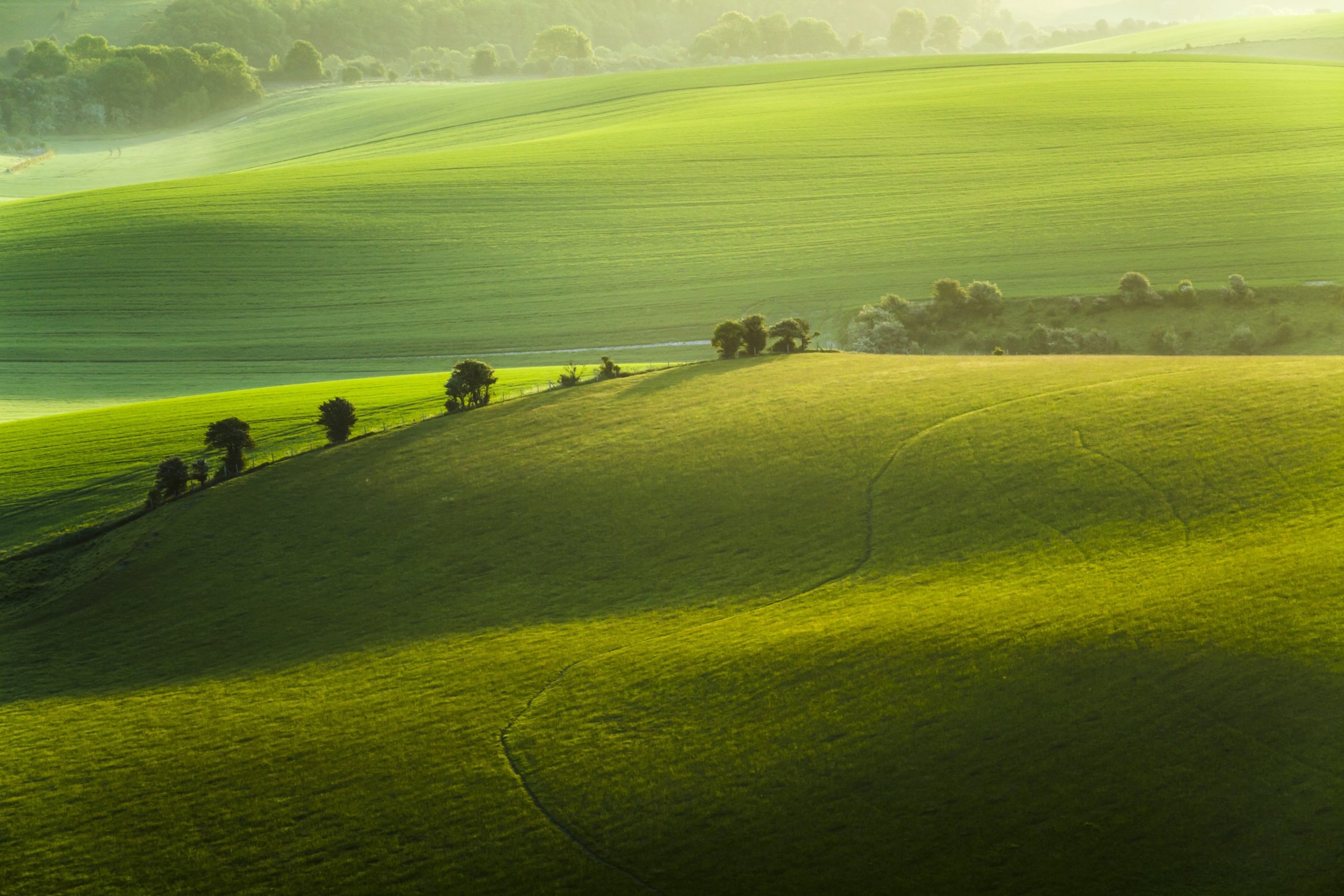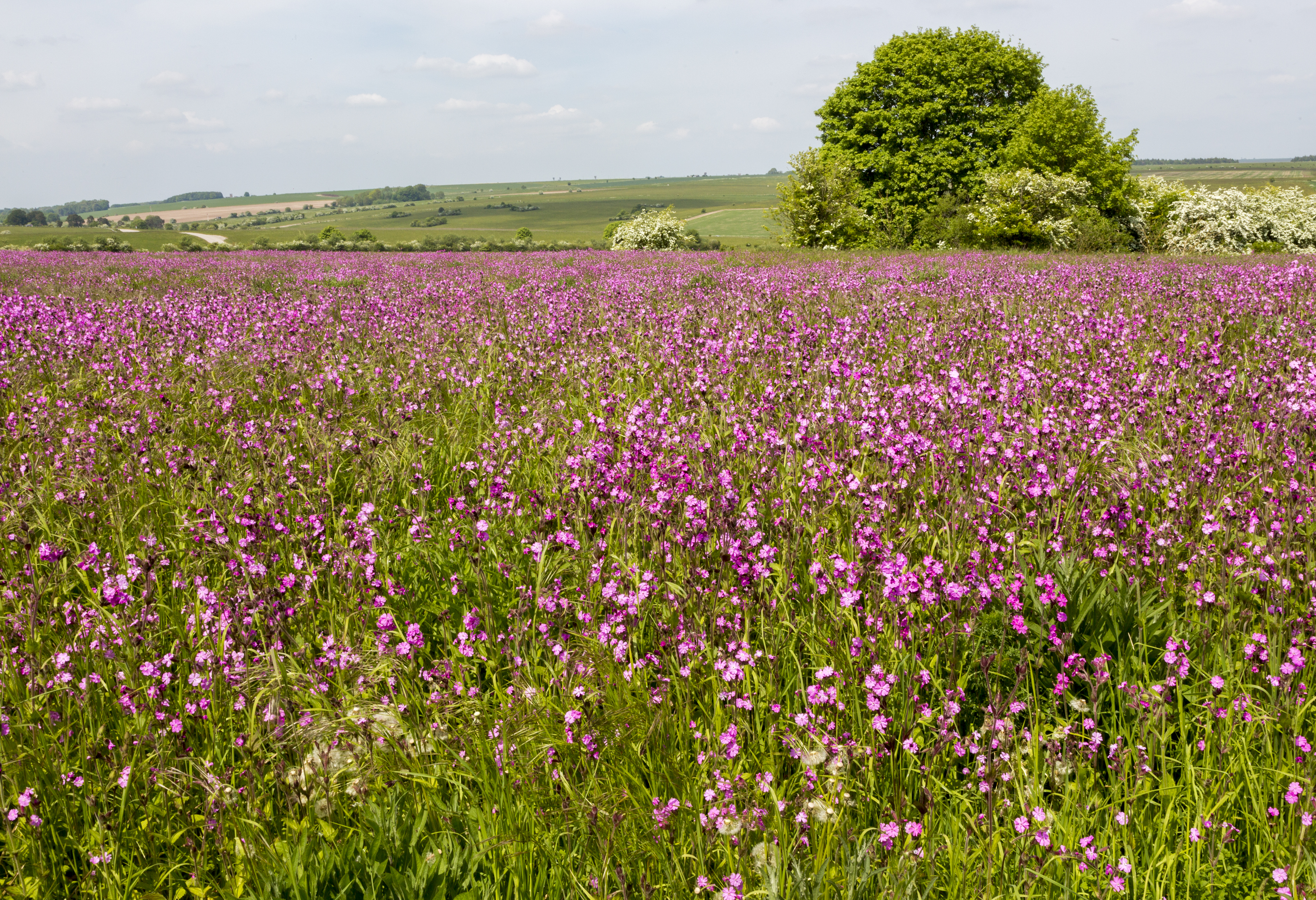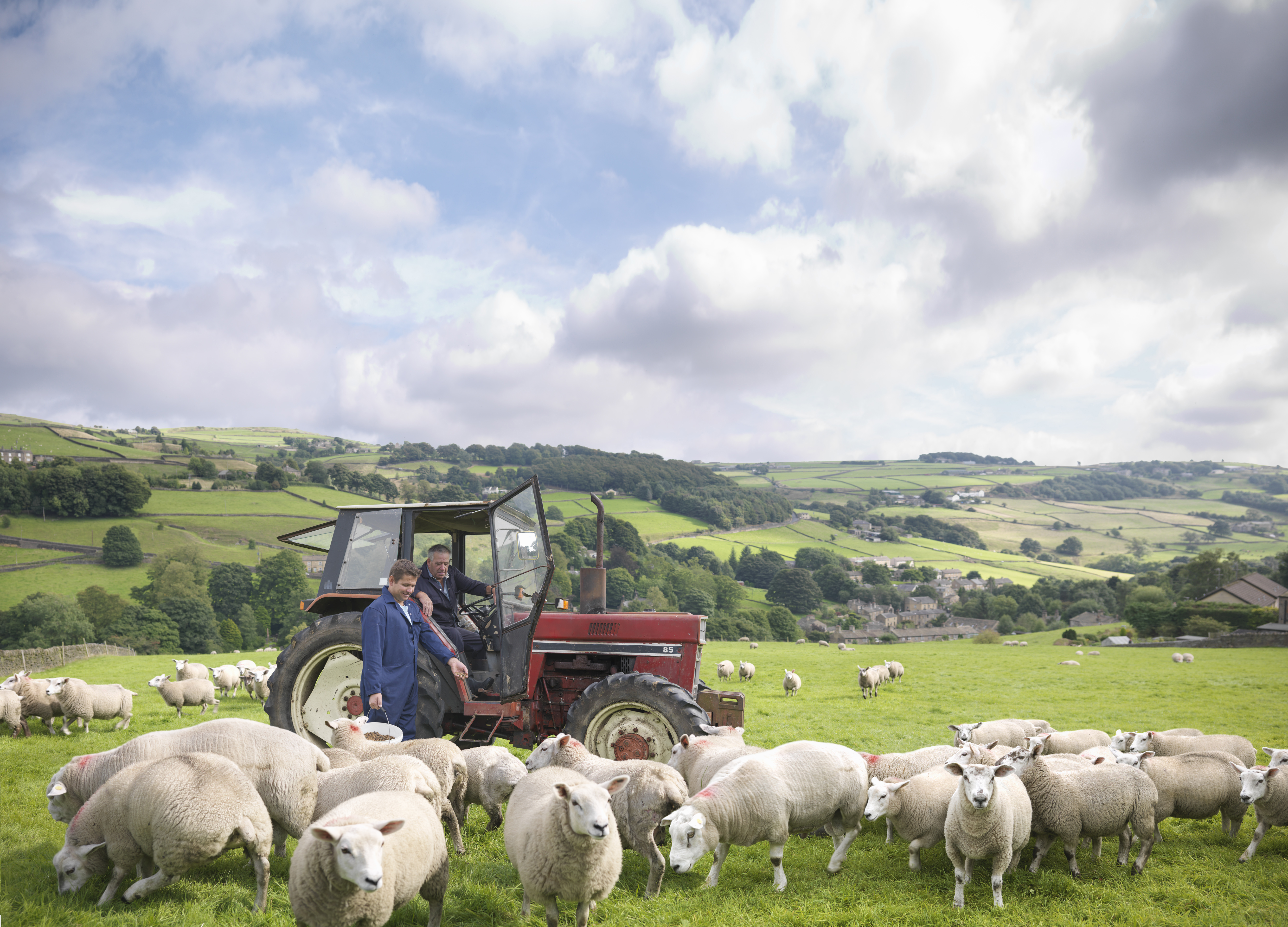Why reNaturing is better than rewilding
an important stewardship role to play, which rewilding doesn't recognise or appreciate, but reNaturing does.


Three cheers for the South Downs National Park. It has realised that being fashionable isn’t synonymous with being right. It has taken a stand against rewilding and announced that it intends to be informed by ‘reNaturing’ instead. Neither word is attractive, but the difference matters.
The fashion for rewilding implies that somehow the world would be a better place if only we’d leave it all to run wild. ReNaturing recognises that humans are part of Nature and that the world is at its best when we play that part properly.
However, we shouldn’t forget that rewilding has been a valuable corrective, nor that rewilders often get to the same place out of necessity when they realise the need for active intervention.
When cattle are left to breed whenever and wherever they want, they get lost in the wild and the resulting welfare problems are not acceptable. The rewilders have to control breeding to particular periods, bring the animals together to oversee them, and then, by management, ensure that all is well. They learn that the jungle is an unforgiving place and that it’s up to human beings to make it less cruel. That is our natural role.
"The English landscape is the creation of human beings. Farming and husbandry has made the land we love — even in some of the wildest of places, it is the sheep and cattle that conserve its beauty"
This is the premise with which reNaturing starts. It accepts that humankind has a part to play in the ordering of Nature, but it is as stewards and not as pillagers. Where humanity has failed is that we have sought to dominate instead of co-operating — mastery rather than management. We have pounded the soils, wiped out the insects, waged war on the weeds and cared little for the world’s ecosystems of which we are part.
In the past 250 years, human beings have become so dominant a species that everything else in creation has fallen under our thrall and we have forgotten that we, too, are part of Nature and depend upon it for our survival.
Absolute power has corrupted us, but that doesn’t mean that we should react by swinging so far the other way that we start to think the planet would get on much better without us. This is another of these extreme solutions that are the bane of the world of 2021, when moderation and the middle way are despised.
Exquisite houses, the beauty of Nature, and how to get the most from your life, straight to your inbox.
In this, both the woke and the blustering reactionary turn out not to be opposites: they both despise compromise. Theirs is the only way and there is no understanding nor forgiveness for the rebel.
That’s why the commitment of the South Downs to reNaturing is so encouraging. It brings proportion back to the countryside and recognises afresh that the English landscape is the creation of human beings. Farming and husbandry has made the land we love — even in some of the wildest of places, it is the sheep and cattle that conserve its beauty.
That doesn’t excuse overstocking, chemicalised monoculture or the sterility of prairie cultivation, but it’s a reminder that agriculture is a worthy activity upon which we have long depended to look after the land as well as producing food.
It is not wilderness that we are aiming for, but the kind of farmed landscape where the soil is respected, where man works with Nature to manage its fecundity and where he understands and enables the ecosystems upon which we all depend.
That is the message of the South Downs National Park and it’s one that is being heeded increasingly by farmers and landowners around the country. Man is neither master nor is he redundant. He should stand proud as a productive steward.

Credit: Ian Murray, Getty Images
Opinion: In the 19th century we couldn’t do without coal, in the 20th we couldn't do without oil. In the 21st, we're learning to prosper without either
Country Life's columnist Agromenes thinks we can have it all — prosperity and a thriving environment — if we do it

Credit: Getty Images/Cultura RF
Agromenes: 'Why does a Conservative Government think it’s wrong for the market to drive change? '
Country Life's columnist Agromenes ponders why the Government isn't doing more to encourage a market-based drive towards regenerative farming.
Country Life is unlike any other magazine: the only glossy weekly on the newsstand and the only magazine that has been guest-edited by His Majesty The King not once, but twice. It is a celebration of modern rural life and all its diverse joys and pleasures — that was first published in Queen Victoria's Diamond Jubilee year. Our eclectic mixture of witty and informative content — from the most up-to-date property news and commentary and a coveted glimpse inside some of the UK's best houses and gardens, to gardening, the arts and interior design, written by experts in their field — still cannot be found in print or online, anywhere else.
